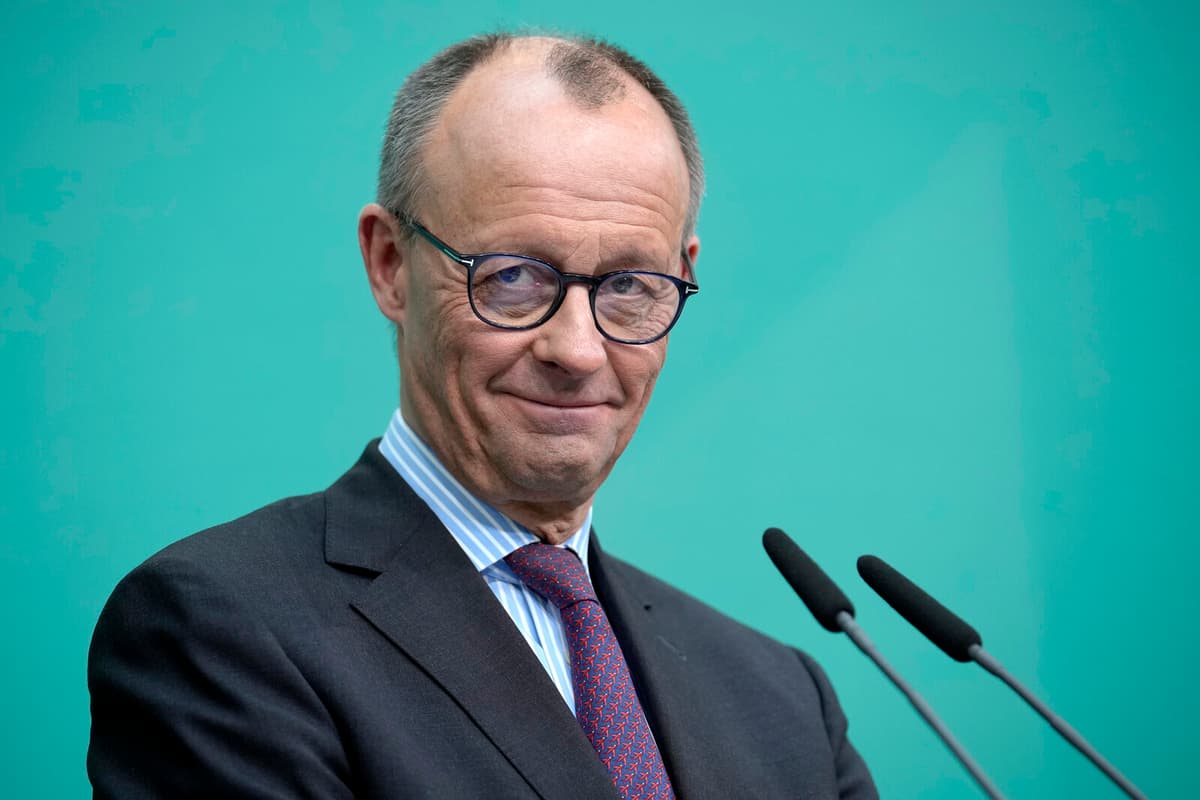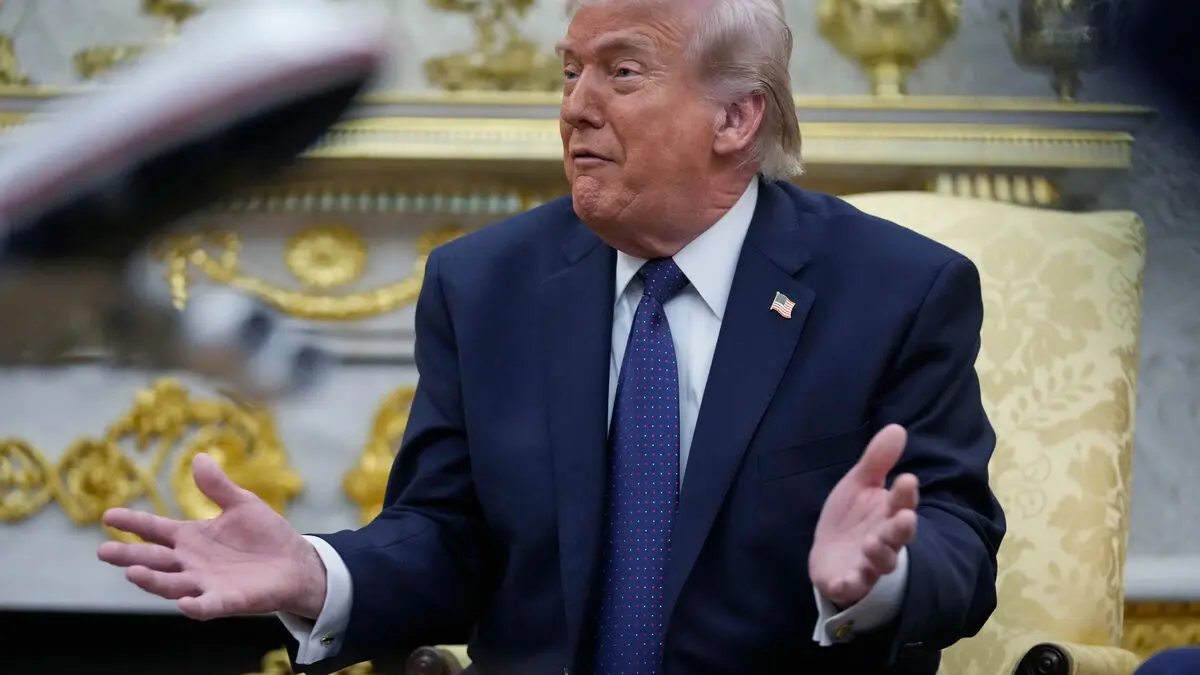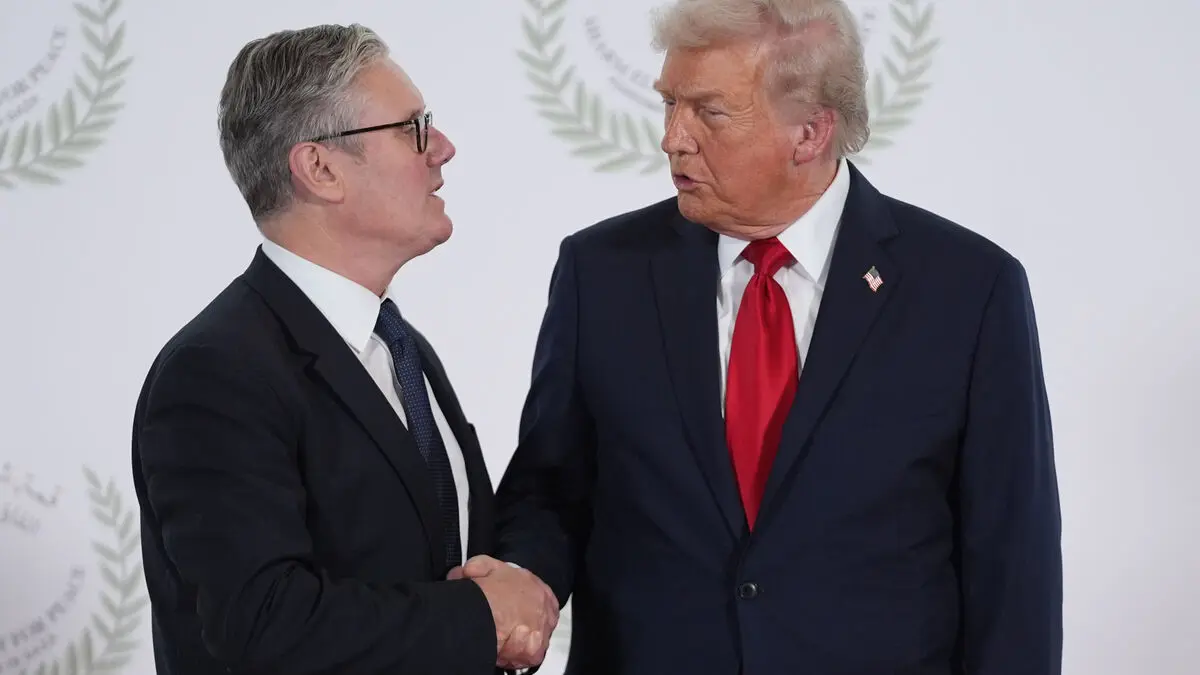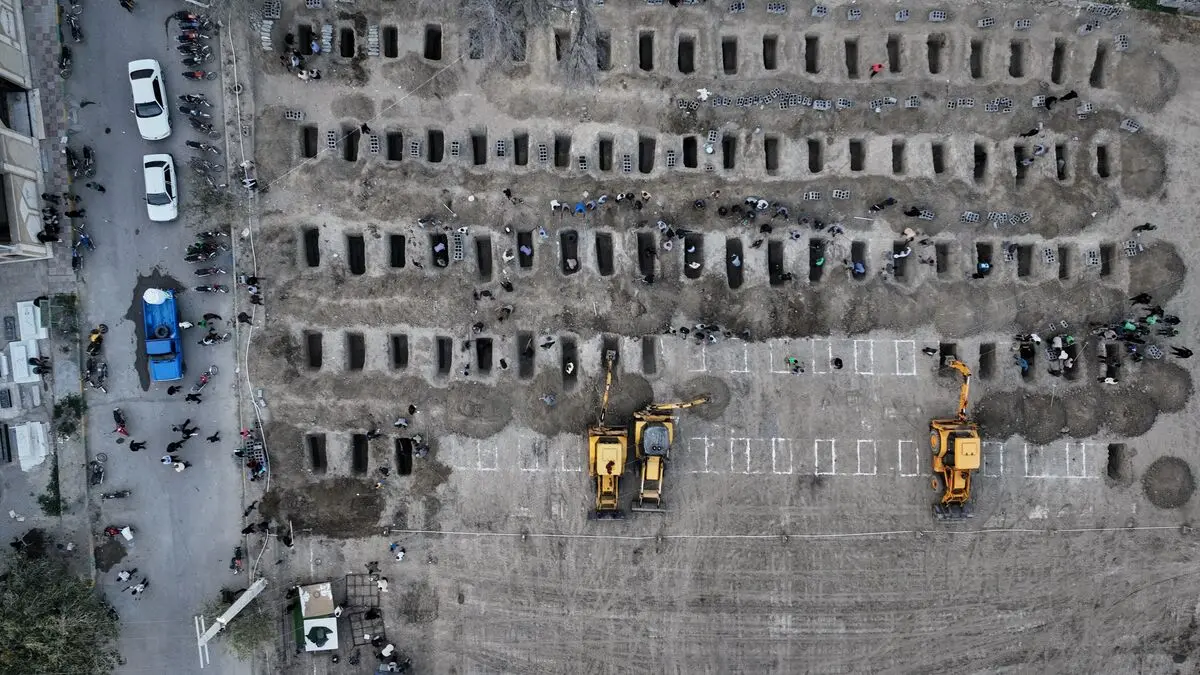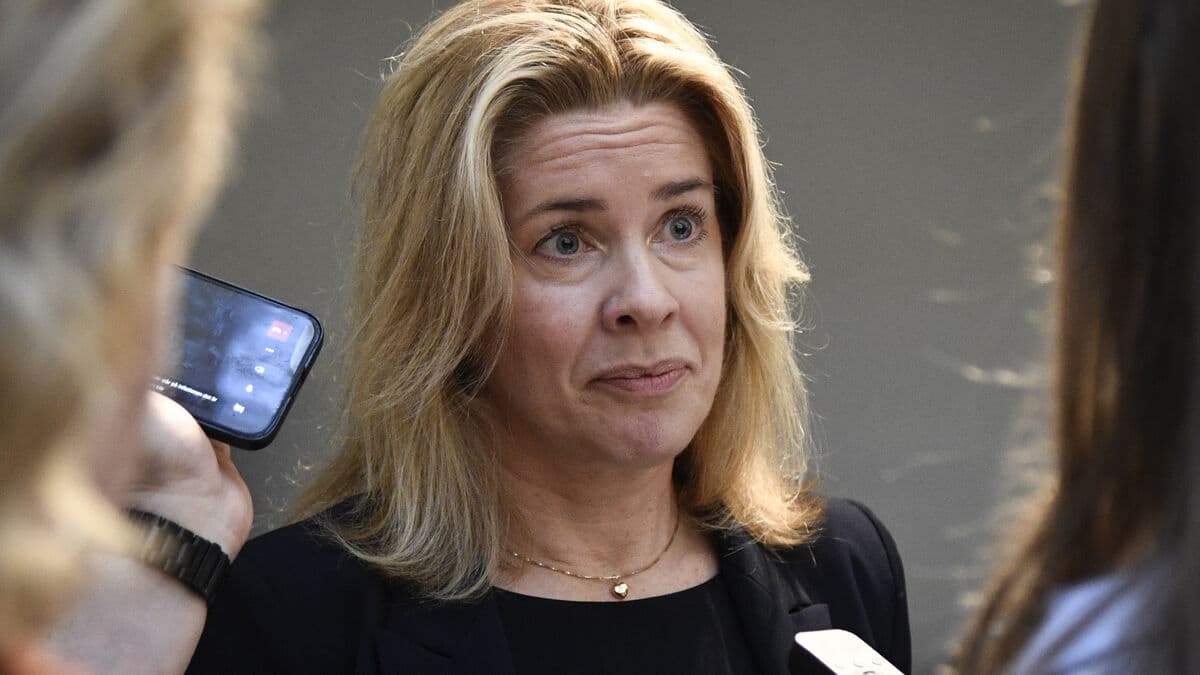Last week, Friedrich Merz, Olaf Scholz's likely successor as Federal Chancellor after the Christian Democrats' election victory in February, announced that he had reached an agreement with the Social Democrats on a massive package to boost the German economy and simultaneously implement a historically extensive upgrade.
At a press conference, Merz said that the agreement sends "a clear message" to both friends, opponents, and enemies that "we are capable of defending ourselves and fully prepared to do so", reports AFP.
The agreement includes defense investments of hundreds of billions of euros, intended to be financed through loans after a relaxation of the country's constitutionally mandated debt brake. The package also includes infrastructure investments of up to 500 billion euros over ten years. Germany's strict borrowing rules had previously stood in the way of similar plans.
As recently as Monday, the Green Party categorically rejected the plans. Now, the party has shifted its stance, following promises of around 100 billion euros for climate investments, which, according to German media, will be deducted from the total sum for infrastructure.
We cannot deny the fact that we must upgrade our army, and that we must do more for our country's overall security structure, says Brita Hasselmann, one of the Green Party's two leaders, about the agreement.
The plans need to be approved before the new Bundestag takes office to avoid complicated negotiations with fringe parties that made gains in the election.

